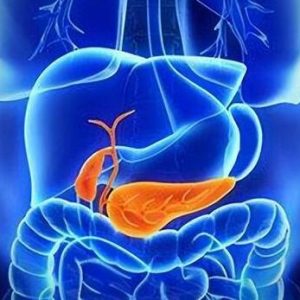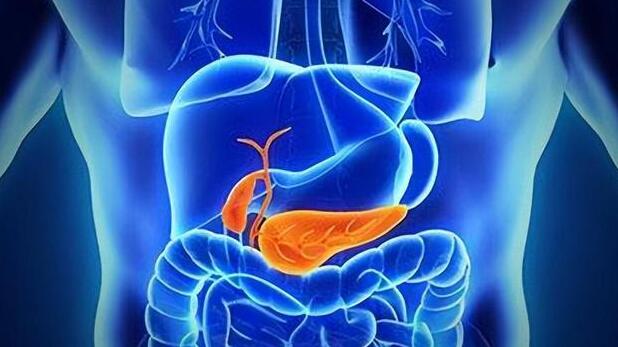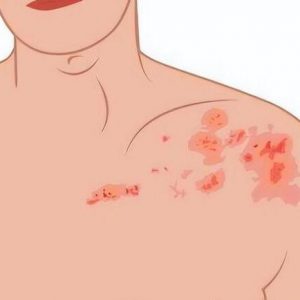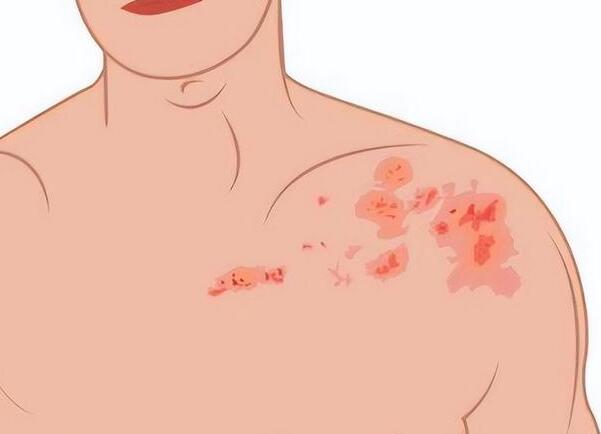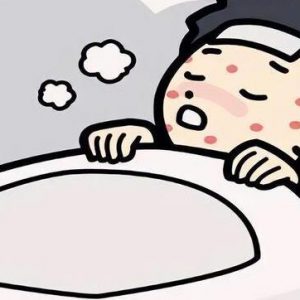Polycystic kidney disease (PKD) is a hereditary renal disorder that occurs globally and typically manifests in early to mid-adulthood. The hallmark of PKD is the formation of multiple fluid-filled cysts within the kidneys, which grow over time, compromising renal structure and function.
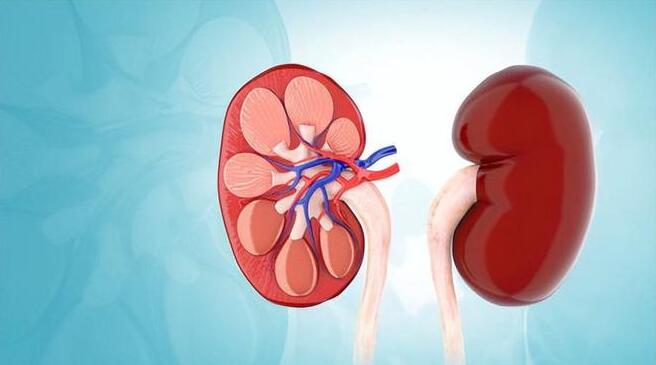
Types of Polycystic Kidney Disease:
Autosomal Dominant Polycystic Kidney Disease (ADPKD): The most common hereditary kidney disease, usually symptomatic in adulthood.
Autosomal Recessive Polycystic Kidney Disease (ARPKD): Less common and typically diagnosed in infants or young children.
Causes of Polycystic Kidney Disease:
ADPKD: Caused by mutations in specific genes, primarily PKD1 and PKD2. Inheriting one affected gene from a parent poses a 50% chance of developing the condition.
ARPKD: Requires two mutated genes (one from each parent) for symptoms to appear, associated with the PKHD1 gene. These genetic mutations lead to abnormal function of renal epithelial cells, resulting in the growth of fluid-filled cysts within the kidneys. Over time, these cysts can multiply, leading to renal decline and potential kidney failure.
While PKD is primarily caused by specific genetic mutations, studies suggest environmental factors and lifestyle choices, such as hypertension, obesity, and poor diet, may exacerbate the progression of the disease, although they do not directly cause PKD.
Symptoms of Polycystic Kidney Disease:
Abdominal or flank pain due to the pressure of enlarged kidneys or cysts.
Blood in urine from ruptured cysts or kidney stones.
Hypertension as a common complication.
Kidney function failure over time due to cyst-induced damage.
Infections, including kidney or urinary tract infections.
Kidney stones, potentially causing back pain or blood in urine.
Frequent urination or urgency due to urinary tract infections or other causes.
Enlarged abdomen from increased kidney size and cyst growth.
Headaches related to hypertension or, rarely, intracranial aneurysms.
If you experience these symptoms, consult a medical expert for evaluation.
Diagnosis of Polycystic Kidney Disease:
Family history, as PKD is often hereditary.
Physical examination, where doctors may palpate for abnormal masses or enlarged kidneys.
Blood and urine tests to assess kidney function and detect issues like urinary tract infections or blood in urine.
Imaging tests, crucial for confirming PKD:
Ultrasound: Commonly used to show multiple cysts in the kidneys.
CT scan: Provides detailed images to determine cyst size, number, and complications.
MRI: Also used to examine renal structure and assess cysts.
Genetic counseling and testing: If history and imaging suggest PKD, genetic testing may confirm the diagnosis.
Newborn screening: Helpful if there’s a known family history of PKD.
Doctors choose the most appropriate method to diagnose suspected PKD. Once diagnosed, treatment focuses on managing symptoms and preventing complications.
Treatment of Polycystic Kidney Disease:
Blood pressure control with ACE inhibitors or ARBs to slow renal damage.
Pain management with over-the-counter or prescription painkillers.
Neuraxial blockade or surgery for pain management in some cases.
Antibiotic treatment for cyst infections.
Cyst growth control through surgery or other medical procedures to reduce impact or complications.
Drugs like Tolvaptan, approved to slow the decline of kidney function in adult ADPKD patients.
Healthy lifestyle: balanced diet, moderate exercise, avoiding smoking and excessive alcohol.
Regular monitoring of kidney function with blood and urine tests.
Complication-specific treatments based on individual issues like kidney stones or heart problems.
Kidney replacement therapies like dialysis or kidney transplant when severe renal impairment occurs.
Specialist nephrologists should determine the most suitable treatment plan, adjusting it according to each patient’s unique situation.
Daily Management of Polycystic Kidney Disease:
Healthy diet: Low-salt, low-fat with plenty of vegetables and fruits, limiting high-potassium and high-phosphorus foods, especially when kidney function declines, and maintaining adequate hydration without overconsumption.
Blood pressure control: Maintain a healthy weight, monitor blood pressure regularly, and take antihypertensive medications as prescribed.
Moderate exercise: Regular, moderate-intensity activities like brisk walking, swimming, or cycling, avoiding contact and high-impact sports to reduce the risk of cyst rupture.
Quit smoking and limit alcohol: Smoking accelerates kidney disease progression, and excessive alcohol burdens the liver and kidneys.
Avoid certain medications: NSAIDs can be harmful to the kidneys; consult a doctor before taking any medication, including over-the-counter drugs.
Monitor kidney function: Regular blood and urine tests to assess renal function and cyst status.
Good glucose control: Crucial for diabetic PKD patients to prevent additional renal damage from diabetes.
Everyone’s situation is unique, so closely track your health and adjust your daily management plan according to your doctor’s advice and guidance.
